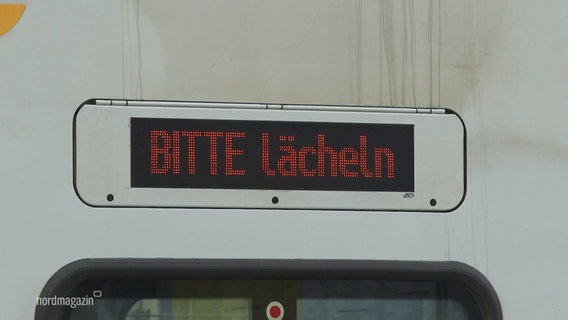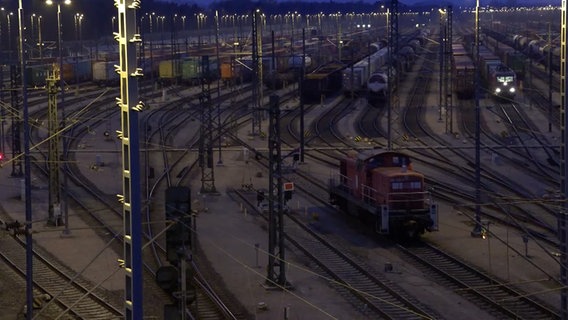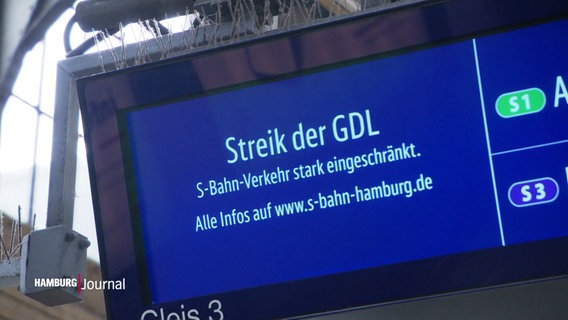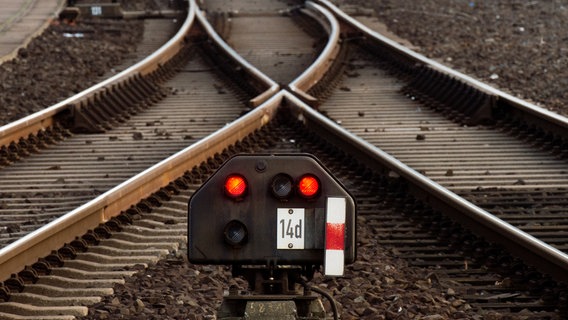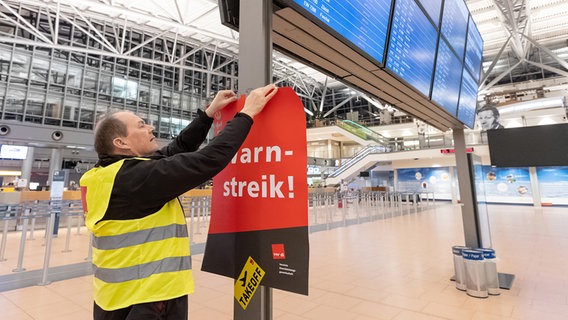As of: March 13, 2024 10:52 a.m
Deutsche Bahn train drivers ended their 24-hour strike overnight. According to the company, trains in the north are running normally again.
After the end of the sixth rail strike by the German Train Drivers’ Union (GDL), train traffic in the north is running according to the regular timetable again. According to a railway spokeswoman, traffic continued without major disruption. However, passengers have to prepare for full trains as many will now make up their journey. The strike lasted 24 hours and ended at 2 a.m.
There are still restrictions on air traffic. Today, passengers in the north may be affected by the impact of the Lufthansa and Lufthansa Cityline cabin crew strike in Munich. Ver.di has called on aviation security staff at several airports to stop work tomorrow. The Hamburg Airport then canceled all departures on Thursday.
Bahn would like more advance notice
The railway appealed to the GDL to announce possible future strikes more in advance. The union only informed about the upcoming strike on Tuesday on Sunday evening. With such so-called wave strikes – shorter and short-term industrial disputes – GDL boss Claus Weselsky wants to increase the pressure on employers.
Deutsche Bahn lost in court
Deutsche Bahn had previously filed a lawsuit against the strike, but failed in the second instance. The Hessian State Labor Court does not consider the strike by the train drivers’ union GDL to be disproportionate. The instrument of the wave strike as a pinprick tactic is permissible, said presiding judge Michael Horcher. He suggested going to formal arbitration. There are no legal appeals against the decision. The Frankfurt Labor Court had previously rejected an interim injunction against the strike call.
Deutsche Bahn is canceling train connections again
As with previous strikes, Deutsche Bahn is offering passengers the opportunity to postpone their trip that was affected by the strike free of charge. The train connection for journeys on Tuesday that were purchased up to and including Sunday has been lifted: “The ticket is valid for the journey to the original destination, even with a changed route. Seat reservations can be canceled free of charge.” A ticket refund is also possible under the appropriate conditions.
Further information
Economic expert: “Impertinence that causes harm”
The President of the German Institute for Economic Research (DIW), Marcel, said about the effects of the GDL strike Fratzscher, on Tuesday on NDR Info: “It’s an imposition that, above all, causes economic damage.” If there is a strike, the economy can usually cope with it quite well. But if strikes become more frequent, especially with short lead times, many companies would not be able to prepare for them. People were missing from work and goods could not be transported. According to Fratzscher, this is not without consequences: “We are increasingly talking about economic damage, which is also noticeable.” That’s why he no longer considers the strike to be proportionate, especially economically, given the shrinking German economy.
Against the background of the messy situation in the collective bargaining dispute between Deutsche Bahn and GDL, Fratzscher spoke of a “blackmail method”. Because the railway is critical infrastructure. “And that gives the union such power.” There should be arbitration, which both parties would then have to adhere to. In Fratzscher’s opinion, the right to strike should be adjusted accordingly. “Arbitration means: Both sides have to make concessions.”
Mediators had made a compromise proposal
The collective bargaining negotiations between GDL and Deutsche Bahn had so far failed due to the union’s demand for a reduction in weekly working hours for shift workers from 38 to 35 hours without financial losses. The railway rejects this. The moderators involved, Schleswig-Holstein’s Prime Minister Daniel Günther and the former Federal Interior Minister Thomas de Maizière (both CDU), had made a proposal for an agreement. The weekly working hours for shift workers should therefore be reduced in two stages from the current 38 to 36 hours – without any loss of wages. However, no agreement was reached.
Further information



